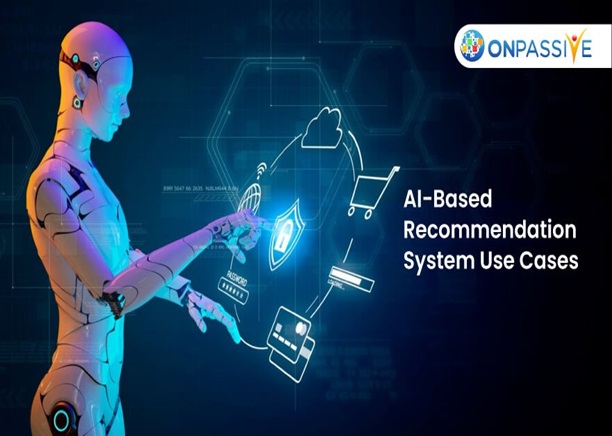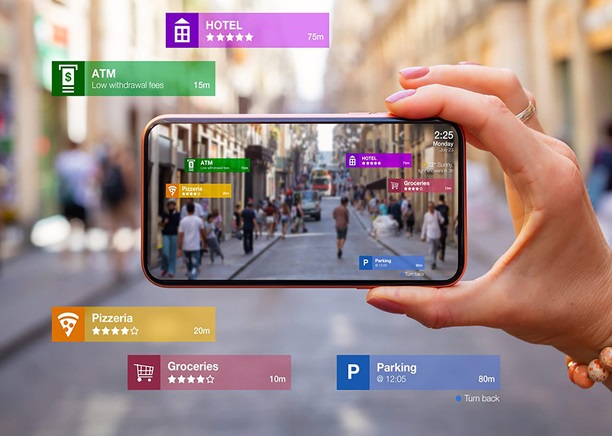-
Call for Anything
+91 9910371785
-
You may send an email
info@nuzninfotech.com
-
Sunday - Closed
Mon - Sat(10.00 AM - 7.00 PM)
Innovative Tech Trends in Hotel Distribution That Are Transforming the Guest Experience
In the fast-paced world of hospitality, the lines between hotel distribution and guest experience are blurring. Distribution channels are no longer just about selling rooms—they’re a gateway to creating personalized, seamless, and memorable experiences. Thanks to rapid technological advancements, hotel reservation software can now integrate distribution strategies with guest-centric innovations. Here are five forward-thinking tech trends redefining hotel distribution and elevating guest satisfaction.
1. Smart Recommendation Engines: Booking Meets Personalization
Traditional booking processes often treat all guests the same, but today’s travelers expect personalization. Smart recommendation engines are changing that by analyzing user data to provide tailored suggestions during the booking process.These AI-driven tools consider factors like travel history, preferences, and even real-time behavior to suggest room types, packages, and add-ons that align with the guest’s unique needs. The result? A customized booking experience that feels intuitive and personal. Hotel management software could integrate lifestyle quizzes into their booking platforms. For instance, a quiz might ask guests about their ideal vacation style—relaxation, adventure, or family time—and use those responses to curate bespoke packages.

2. Distributed Inventory via Blockchain
Blockchain technology is introducing a paradigm shift in hotel distribution by decentralizing inventory management. Through blockchain, hotel reservation software can offer real-time room availability to all distribution partners without intermediaries, ensuring transparency and reducing operational costs.For guests, this means accurate, up-to-date information across all booking channels and faster confirmation processes. Blockchain also enables secure payments and eliminates the risk of double bookings.Hotel management software can tokenize unused room inventory and sell it as vouchers or credits on blockchain-powered marketplaces. Guests could trade or gift these tokens, creating a new layer of flexibility and engagement.

3. AR-Powered Booking Experiences
Augmented reality (AR) is taking hotel booking management software distribution to the next level by offering interactive, immersive experiences. Instead of relying on static photos, AR lets guests virtually explore rooms, amenities, and even nearby attractions before booking. This technology helps manage guest expectations, reduces post-booking surprises, and instils confidence in the booking decision. Imagine a traveller using their Smartphone to view a 360-degree interactive model of their room layout or the hotel’s rooftop pool. Hotel booking management software could use AR to gamify the booking process. For example, guests might unlock exclusive discounts by completing virtual scavenger hunts within the hotel’s AR tour.

4. Voice-Activated Commerce for Simplified Bookings
As voice technology continues to grow, online hotel booking software are tapping into voice-activated commerce to streamline the booking process. Integrating with virtual assistants like Alexa, Siri, and Google Assistant allows guests to search for rooms, compare rates, and make reservations using natural language commands. Voice-activated systems also enhance accessibility, catering to visually impaired guests or those who prefer hands-free interactions. Online hotel booking software could create branded voice assistants tailored to their offerings. These assistants could recommend personalized itineraries, suggest dining options, or upsell services—all while guiding the guest through the booking process.

5. AI-Powered Loyalty Programs: Rewarding Real-Time Engagement
Traditional loyalty programs often focus on post-stay rewards, but AI is enabling a shift toward real-time engagement. AI-powered systems analyze guest behavior and preferences to deliver instant rewards, such as complimentary upgrades or dining discounts, while they’re still staying at the hotel.This approach not only boosts guest satisfaction but also encourages upselling and on-property spending. For distribution, integrating loyalty rewards into booking channels enhances the value proposition for direct bookings.Hotel management software could introduce a dynamic loyalty program where guests earn rewards for eco-friendly actions, such as skipping daily housekeeping or choosing digital invoices, aligning incentives with sustainability goals.

The convergence of innovative technologies and strategic distribution is revolutionizing the hospitality industry. These five trends—smart recommendation engines, blockchain inventory, AR booking, voice commerce, and AI-powered loyalty programs—are more than operational enhancements; they’re tools to create unforgettable guest experiences for making the best hotel management software in India.For hoteliers, embracing these trends means not just improving efficiency but also building deeper connections with guests. By merging tech-driven innovation with a focus on guest-centricity, the future of hotel distribution promises to be as dynamic and personalized as the travelers it serves.
More Searches
Top restaurant management software companies
Restaurant management software
top 10 software companies in india
Best Billing Software In India
